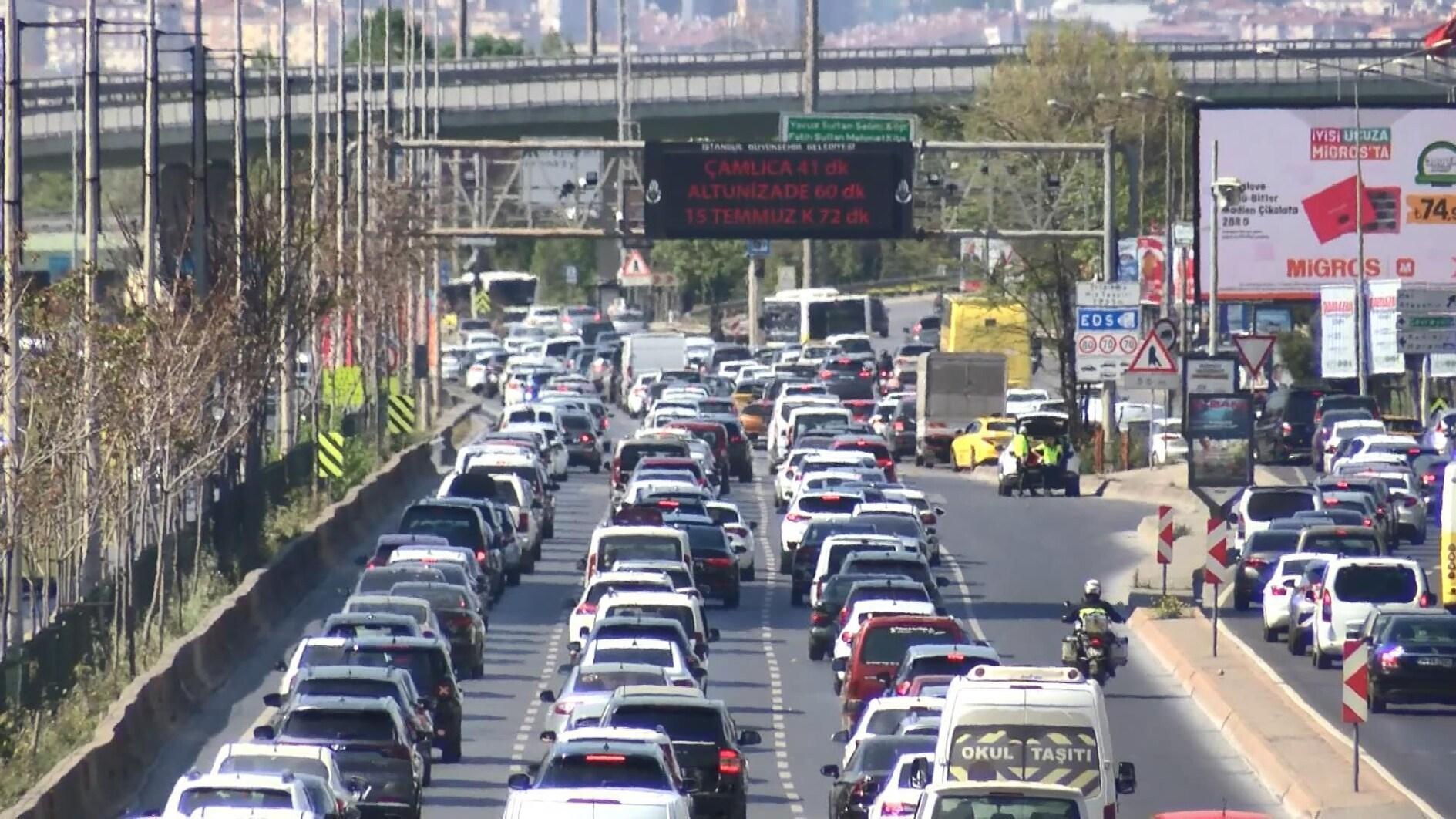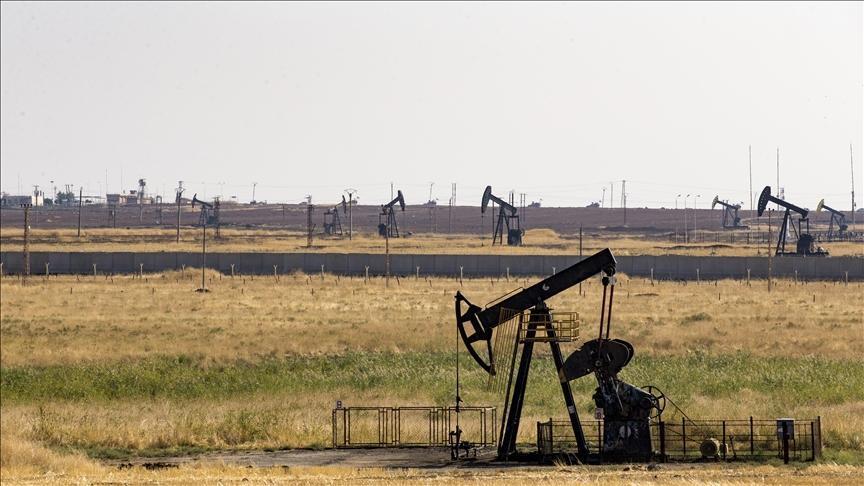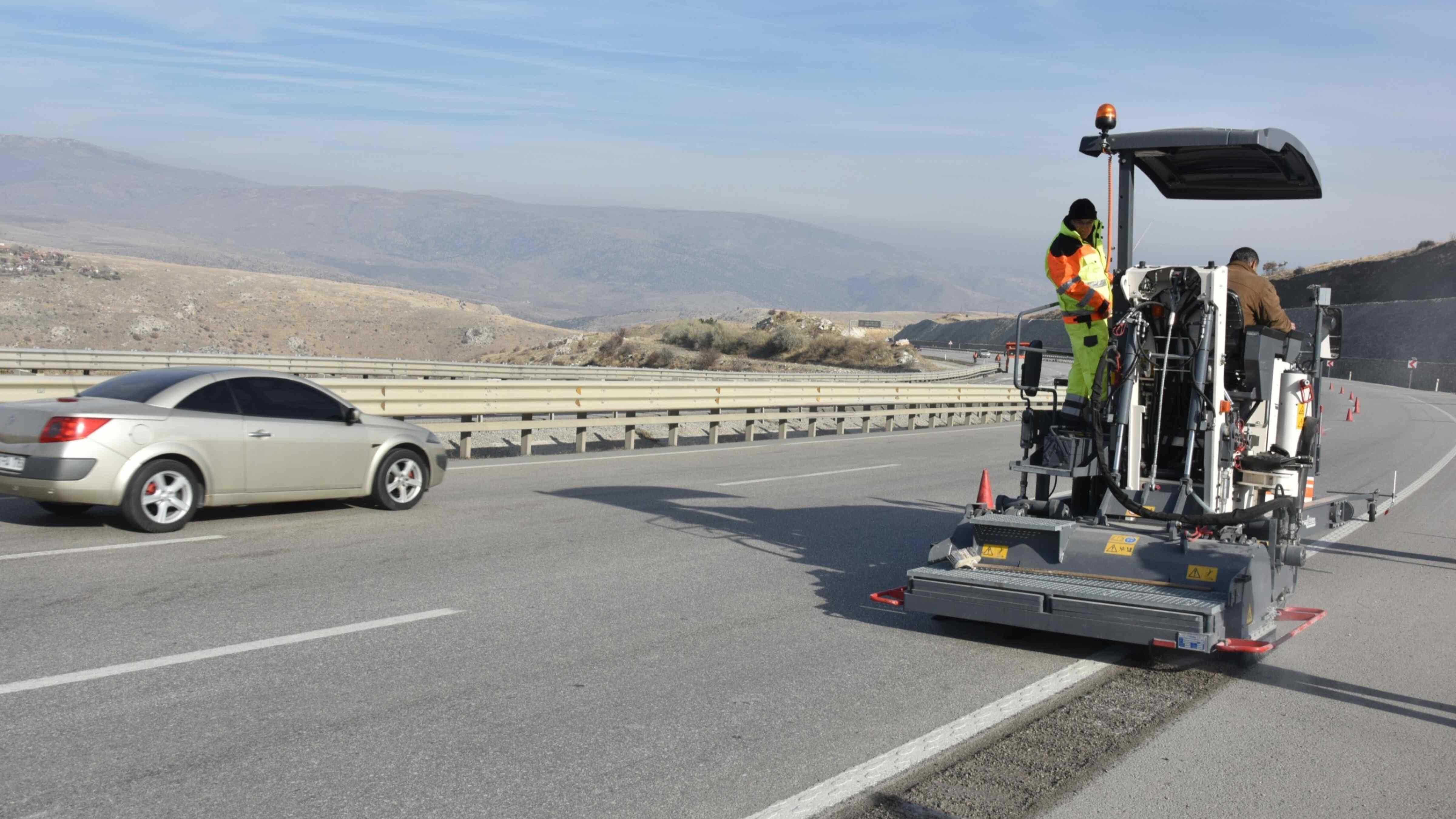Carbon tax on fossil fuels on agenda
Aysel Alp - ANKARA

The Climate Change Mitigation Strategy and Action Plan (IDASEP), which was prepared to reach Türkiye's 2053 net zero emission target, lists the steps to be taken until 2030 one by one.
According to the plan, the government will work to reduce carbon emissions in the transportation sector, promote public transportation, and introduce an additional tax on fossil fuels to increase the use of electric vehicles.
The IDASAP, consisting of 49 strategies and 260 actions, began with an assessment of the situation in seven main mitigation sectors, namely energy, industry, transport, agriculture, buildings, waste, land and forests, and included the activities planned to be carried out in the next six years.
The targets set in the plan are: "Increasing energy efficiency in all sectors, maximizing the use of renewable energy, reducing the carbon footprint and carbon intensity on a product basis in industry, increasing the use of nearly zero energy buildings, increasing the use of regional heating and cooling systems, developing incentives and support mechanisms for greenhouse reductions, planning the transition to a low emission economy with the principle of just transition, developing capacity for just transition and employment transformation and integrating Türkiye's net zero emission target into the education system.”
In IDASEP, it was stated that analyses will be carried out for the establishment of stable carbon prices in line with Türkiye's emission reduction commitment and it was emphasized that work will be carried out to include carbon content in the scope of the list numbered (I) attached to the Special Consumption Tax (SCT) Law in coordination with the Tax Administration.
The SCT List No. 1 includes fuels such as aviation gasoline, gasoline, diesel fuel, marine diesel fuel and fuel oil used as heating oil. Experts told daily Hürriyet that an additional carbon tax could be added to the list to reduce the use of fossil fuels in private vehicles and intercity passenger and freight transport and to promote electric vehicles.
One of the seven sectors targeted for emission and carbon reduction in IDASEP is the transportation sector.
While strategies such as developing integrated transportation systems, ensuring the transition to zero/low emission transportation systems and developing electrification systems have been identified in this sector, the current situation has been summarized as: "The growing dominance of road transport emissions in Türkiye is due to the increase in vehicle ownership over the last two decades and the dependence of road transport motor vehicles on fossil fuels."
"The number of motor vehicles nearly tripled from 8.7 million in 2002 to 26.5 million in 2022. The number of pickup trucks, which reached 4.3 million, has seen a sharp increase of 388 percent in the last 20 years. The most fundamental policy for reducing emissions from the transportation sector is to shift transportation from road and air to sea and rail. To this end, it is planned to promote intercity maritime passenger transport, develop urban maritime passenger transport and infrastructure in coastal cities, and promote maritime freight transport and infrastructure."
















